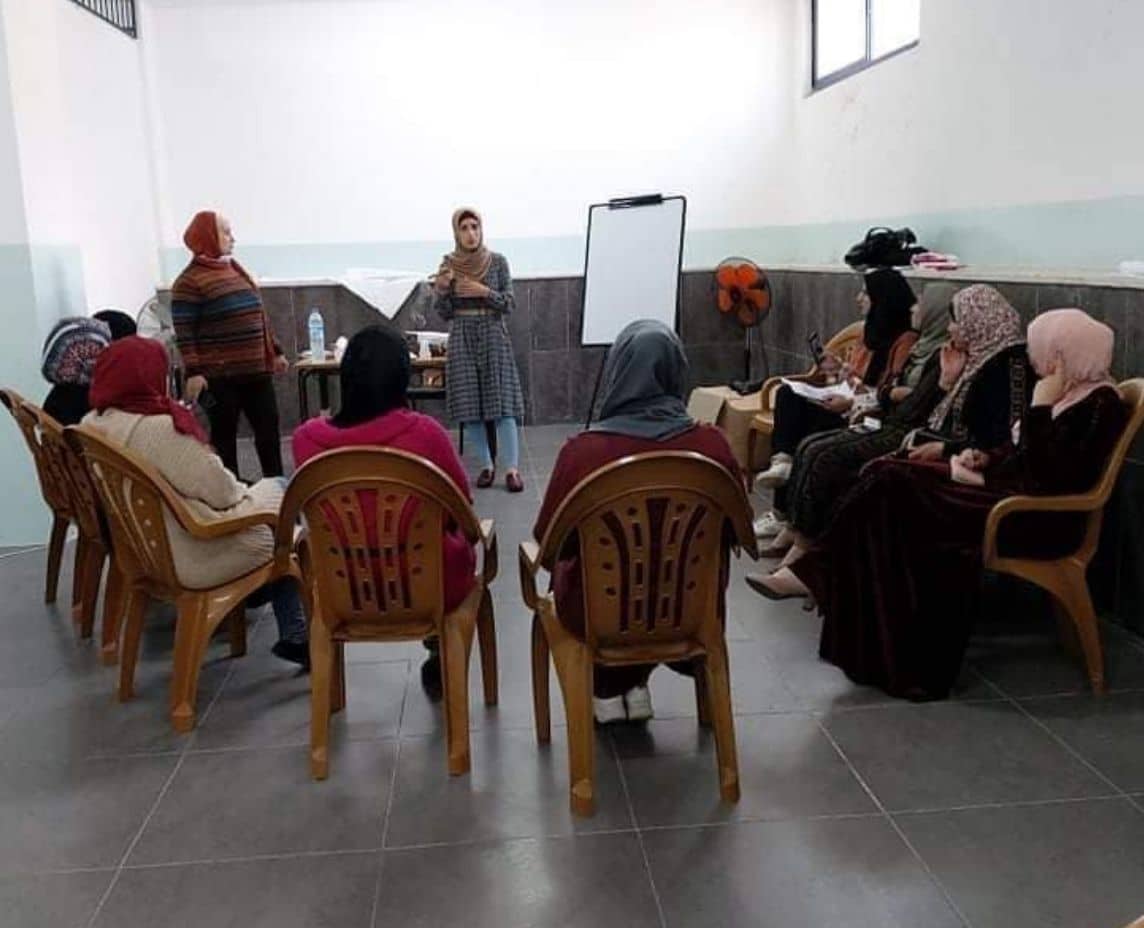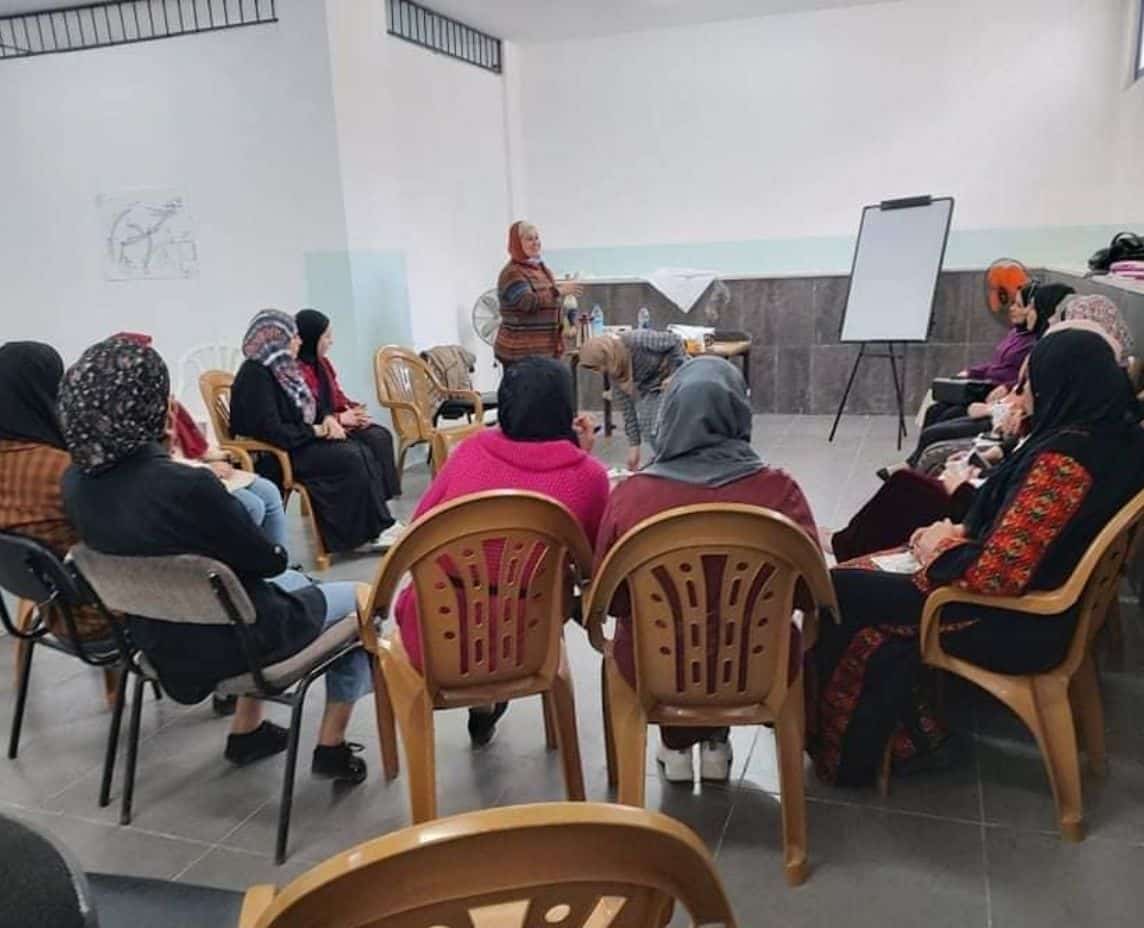The Social Promotion Foundation, and also through its “Women and Equality” Observatory (OMEI), joins the initiative in condemning any type of aggression against women on the International Day for the Elimination of Violence against Women, and maintains its commitment to work towards the fulfilment of the SGD 5 on gender equality and to empower all women and girls in all countries.
There are scourges that persist in today’s society. While many of them have been mitigated, they have not completely disappeared. They include an end to discrimination, the elimination of gender-based violence, the elimination of harmful practices (child marriage, female genital mutilation, etc.), recognition of women’s often-unpaid work, and equal opportunities.
In developing countries, in the context of COVID-19 and in rural areas, the problem of violence against women is increasing.
As Maram Zatara, Advocacy Officer at the Women’s Centre for Legal Support and Advice (WCLAC) told to the Spanish NGO of Development Platform, all forms of gender-based violence have increased in Palestine.
She denounces the increase in violence suffered by women in their own homes.
The effects of COVID-19 in Palestine imply a negative impact on the population at all levels, which adds to an undefined and pre-existing humanitarian crisis, with problems such as the blockade of Gaza, the Israeli occupation or the struggle between Palestinian factions, and creates new needs and psychosocial, economic and political inequalities.
These realities already shape gender dynamics and community relations in the West Bank and Gaza, where women, girls and boys are comparatively more vulnerable. In addition, unequal gender relations in Palestine continue to be reinforced due to the ongoing Israeli occupation, cultural social norms and deteriorating socio-political and economic realities.
In the framework of our agreement in Palestine, financed by AECID, the Foundation works in the Gaza Strip and the West Bank and witnesses the difficulties faced by its rights holders.
There is a need for effective empowerment, with a rights-based approach, which directly fosters the prevention of violence.
The Foundation promotes the empowerment and autonomy of Palestinian rural women, rights holders under our agreement, through their access to natural resources, production and agricultural techniques.
In Khan Younis (Gaza), one of the rights holders, Hanadi Elmasry, through proper training, has improved her production and marketing of her products, generating enough income to support her family. In addition, she has improved other aspects such as her relationship with the members of her cooperative and her training in rights.
Through our local partner RWDS, the agreement also supports the creation of women’s clubs and cooperatives.
There is a need to respond to the increase in violence against women in Palestine. To this end, the agreement develops activities to raise awareness and public awareness of gender equality and access to rights.
Last Tuesday, November 10th, our partner Rural Women’s Development Society held a workshop on the Personal Status Law, led by the lawyer Sajda Daoud, in which 15 women from Beit Forik in the West Bank participated.



